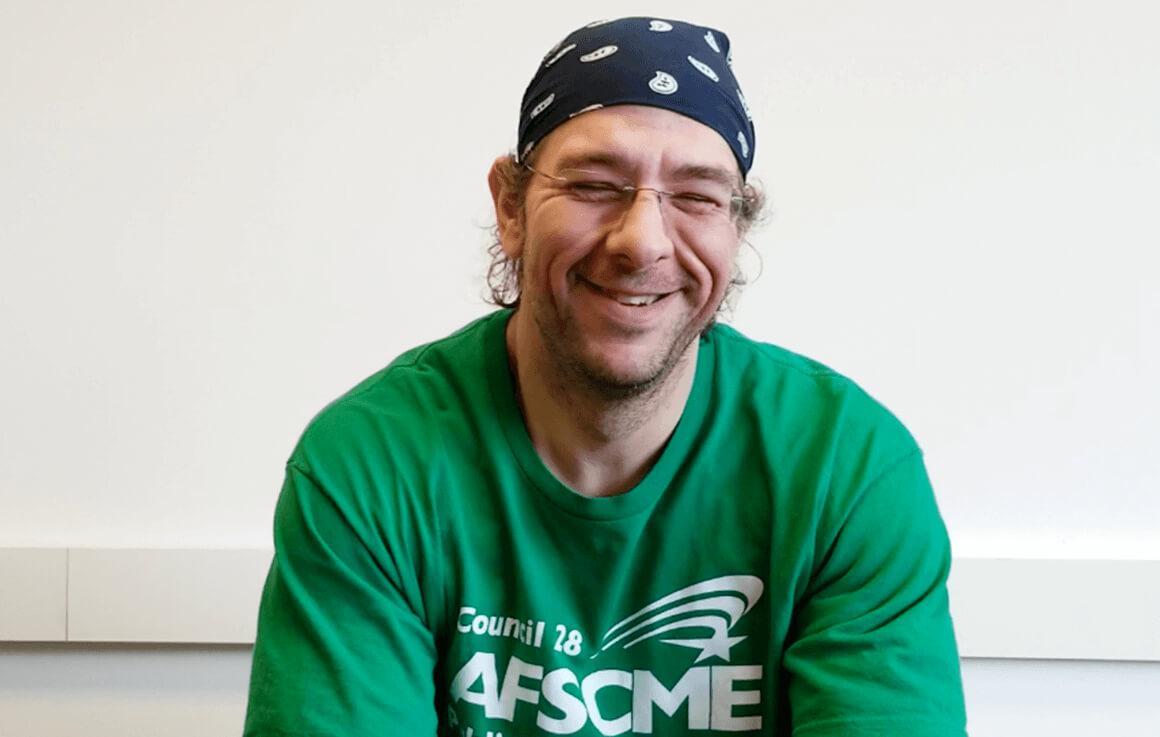It was while growing up that Mike Yestramski found his life’s calling.
“Like a lot of people in the behavioral health field, I had my own experiences growing up through family and friends who struggled with behavioral health problems,” he says. “I saw a lot of good that can be done but I also saw a lot of areas for improvement, and I wanted to be part of that improvement.”
Yestramski is a psychiatric social worker at Western State Hospital near Tacoma, Washington. For more than 15 years – the last five in Washington – he has been helping people who struggle with mental illness, substance abuse disorders, behavioral addictions and more.
At a time when mental illness is on the rise in the U.S. and communities across America are facing an opioid epidemic, the work of behavioral health professionals is more important than ever. But in their devotion to their clients and their commitment to making their communities better, behavioral health professionals – including therapists, case managers, peers, counselors and more – don’t always get the help they need from their employers. These issues are coming into sharper focus in May, which is Mental Health Month.
In their mission to improve the services they provide and serve more people well, behavioral health professionals face challenges of their own. For example, behavioral health professionals across the country struggle with many of the following issues:
- unsafe workplace;
- unreasonably high caseloads and poor staffing ratios that prevent them from doing their best work;
- lack of meaningful skills development that would help them provide better care;
- low wages and benefits that fail to reflect their skills, dedication and the importance of their jobs;
- and lack of transparency and accountability to ensure that agencies are putting client health first.
Being part of a strong union, Yestramski says, is integral to his ability to provide quality services, that is, to achieve the goal he set himself when he chose behavioral health as his calling. It was the goal of “being part of the change” that helps people get healthy, overcome their addictions and take control of their lives.
A member of AFSCME Local 793 (Council 28), where he serves as a lead shop steward, Yestramski says being part of a strong union gives him and his co-workers a voice on the job. It allows them to better communicate with management about how to improve client services and ways to make sure that each behavioral health professional, as an individual, is better able to provide those services.
“Our union has definitely helped us move in a very positive direction from where we were to where we are now,” he says. “We have made a lot of strides.”
Through their union, Yestramski says, he and his co-workers have been able to get better training for what they do and push for better evidence-based treatment models for their clients. They’ve also been able to achieve living wages and more vacation time, he says, “all of which is vital to this kind of work, because in order to be an effective professional in a helping field you need to be taking care of yourself, too.”
Behavioral health professionals are joining together in strong unions. Just this month, professionals at Outside In in Portland, Oregon, voted to join AFSCME.

